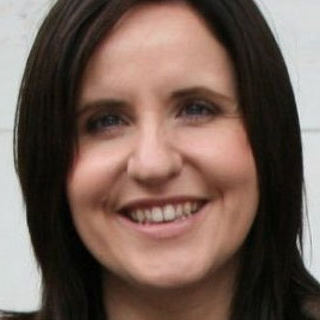DEI doesn't mean what you think anymore
When words change meaning
Patricia Aas, 09 February 2025
The expression “dog whistle” became well-known on the internet over the past decade. It refers to saying something that superficially sounds fine, but which those “in the know” understand the true meaning of. People take words and expressions that most people have a neutral or positive impression of, and attach a meaning that is often hateful. But regular people, who aren’t “extremely online,” don’t pick up on the new meaning, and they may agree with things they don’t actually understand the implications of.
The far-right with its fascist ideology has used this for many years. What we’re seeing now in the U.S. takes this to a whole new level, and also employs another advantage of dog whistles: they are poorly defined.
What “woke” actually meant, before the far-right adopted it, was well-defined, and what “DEI” and “freedom of speech” mean have been fairly well understood worldwide. But the dog whistles “woke,” “DEI,” and “freedom of speech” likely don’t mean what you think when used by far-right figures. And it turns out that even within the far-right, these terms aren’t defined clearly enough.
This is now playing out in the U.S., where many Americans have interpreted “DEI” to mean that non-white people are prioritized over white people. So, “a DEI-hire” came to be understood as “they hired a person who was not white.” You can see this in how it’s being used, with “a DEI person” becoming a dog whistle substitute for the N-word among the far-right.
“Freedom of speech” has been similarly manipulated, as it is now used in the far-right to mean that someone can be an open Nazi and demand no negative feedback from people around them. This isn’t about state suppression of speech, which they are actually in favor of; it’s simply that the speech they want to suppress by force is the kind that disagrees with them.
It becomes entirely hopeless to use these words in a debate or a newspaper article because each side has its own interpretation of what they mean.
And you can be in for a nasty surprise when poorly defined words are turned into political action, and suddenly you realize that when they use “DEI” as an insult, it wasn’t “just” “non-white” people they were aiming to target; they are also going after veterans, women, Muslims, LGBTQ+ people, trans folks, and disabled people (with some antisemitism depending on who’s speaking). It’s very clear that the list of people they want to attack looks very much like the one the Nazis made for themselves.
This hierarchy of people embedded in this rhetoric closely mirrors the one used by the Nazis, and it feeds into latent prejudices in the population. The “injustice” that is claimed to exist is based on an underlying assumption that white, straight, able-bodied cis men are always more “competent” than any other person.
Yes, it’s uncomfortable when someone takes a common word or a symbol and uses it for something hateful.
And it’s even more uncomfortable when it turns out you’ve unknowingly agreed to something that turned out to be a dog whistle.
But that’s the way the world is today.
And more than in many decades, it is of vital importance that we protect those who are more vulnerable than ourselves.
